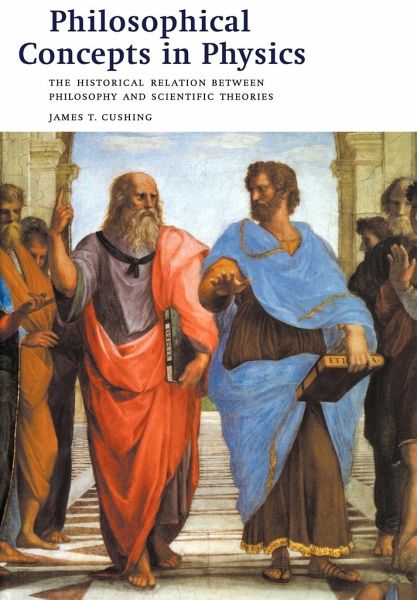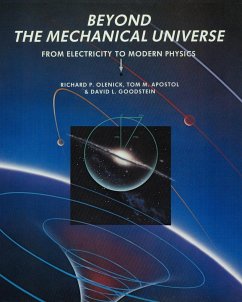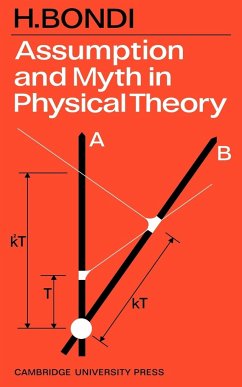
Philosophical Concepts in Physics
Versandkostenfrei!
Versandfertig in 1-2 Wochen
119,99 €
inkl. MwSt.

PAYBACK Punkte
60 °P sammeln!
Philosophical considerations always have played an essential role in the actual practice of science. Notre Dame's James T. Cushing examines a selection of philosophical issues in the context of specific episodes in the development of physical theories and presents scientific advances within their historical and philosophical contexts. 133 line diagrams. 9 tables.














